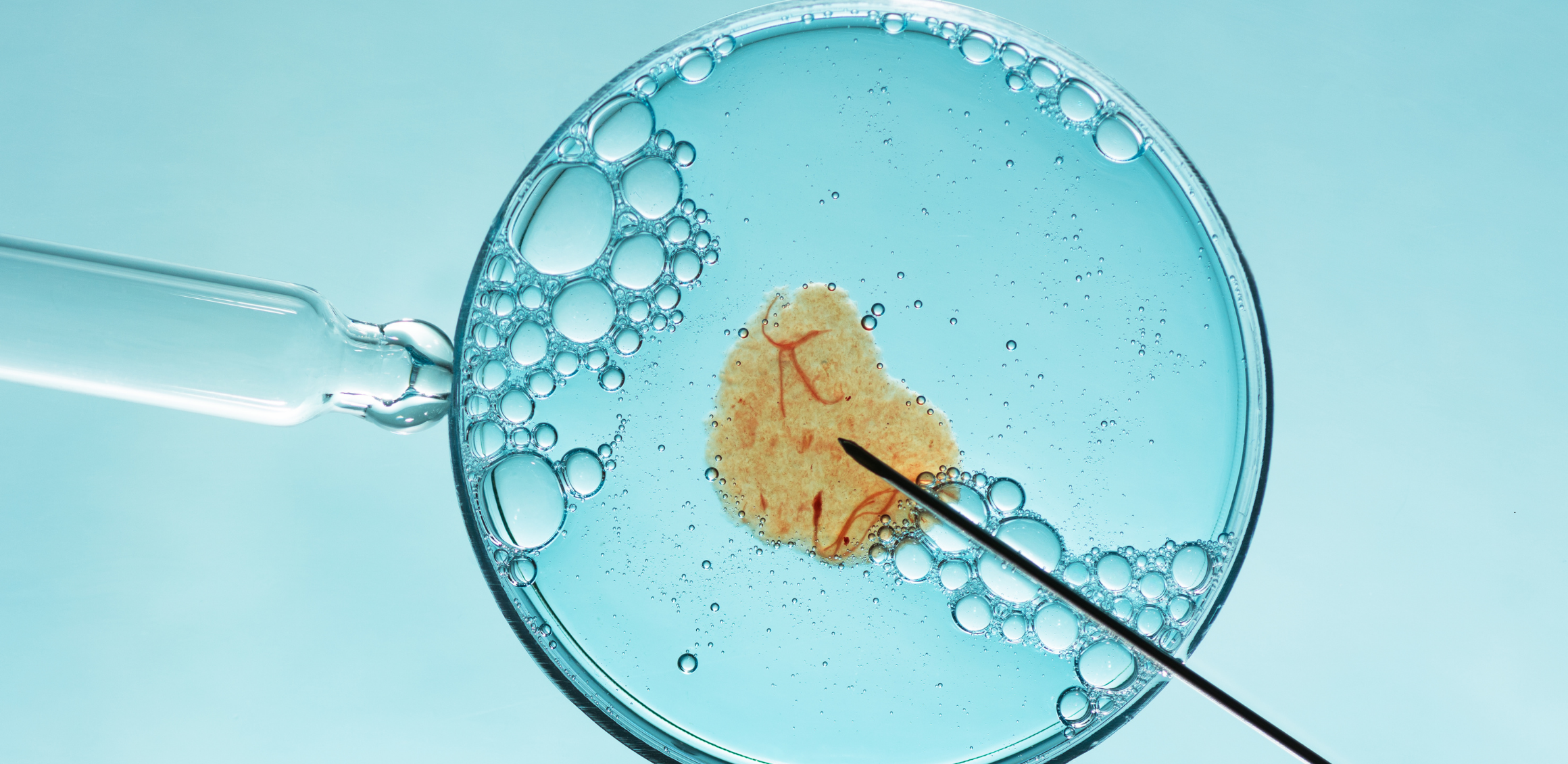
In Vitro Fertilization (IVF) Treatment
In vitro fertilization (IVF) treatment is one of the assisted reproductive technologies used for couples who are unable to conceive naturally.
In Vitro Fertilization (IVF) Treatment
In vitro fertilization (IVF) treatment is one of the assisted reproductive technologies used for couples who are unable to conceive naturally. This method involves fertilizing eggs outside the body and subsequently transferring them into the uterus to enhance the chances of pregnancy. IVF treatment addresses infertility issues and increases the likelihood of achieving pregnancy.
Stages of IVF Treatment
- Pre-evaluation and Preparation:
- Medical History and Examination: Evaluation of the couple’s medical history and necessary tests.
- Hormone Tests: Monitoring hormone levels in the woman.
- Semen Analysis (Spermiogram): Analysis of sperm quality in the man.
- Ultrasound and Other Tests: Assessment of the condition of the uterus and ovaries using ultrasound.
- Ovarian Stimulation:
- Medication Use: Hormone injections are administered to stimulate the woman’s ovaries. This process typically lasts for about 10-14 days.
- Ultrasound and Blood Tests: Monitoring the development of eggs and adjusting medication doses if necessary.
- Egg Retrieval (Oocyte Collection):
- HCG Injection: Trigger injection is given to mature the eggs.
- Egg Collection: Mature eggs are retrieved vaginally under ultrasound guidance. This procedure is performed under sedation and takes approximately 20-30 minutes.
- Fertilization:
- Intracytoplasmic Sperm Injection (ICSI): Collected eggs are fertilized with sperm using the microinjection (ICSI) technique in the laboratory.
- Embryo Development: Fertilized eggs are monitored in the laboratory until they develop into embryos.
- Embryo Transfer:
- Preparation for Transfer: Highest quality embryos are selected.
- Embryo Transfer: Embryos are placed into the uterus using a thin catheter. This procedure is generally painless and brief.
- Supportive Therapy: Hormonal support therapy is administered after the transfer.
- Pregnancy Test and Monitoring:
- Pregnancy Test: A blood pregnancy test is conducted approximately 10-12 days after embryo transfer.
- First Ultrasound: The first ultrasound is performed after a positive pregnancy test.
Success Rates
The success rates of IVF treatment vary depending on the woman’s age, causes of infertility, and factors during the treatment process. Higher success rates are typically observed in younger women and when high-quality embryo transfer is achieved. However, success is not guaranteed, and multiple attempts may sometimes be necessary.
Conclusion and Summary
In vitro fertilization (IVF) treatment provides a significant solution for couples experiencing infertility issues. The treatment process begins with detailed evaluation and preparation stages, followed by ovarian stimulation, egg retrieval, fertilization, embryo transfer, and pregnancy testing stages. Success rates are influenced by numerous factors and can vary for each couple. IVF treatment should be conducted by a specialized team, providing necessary support throughout the process.
